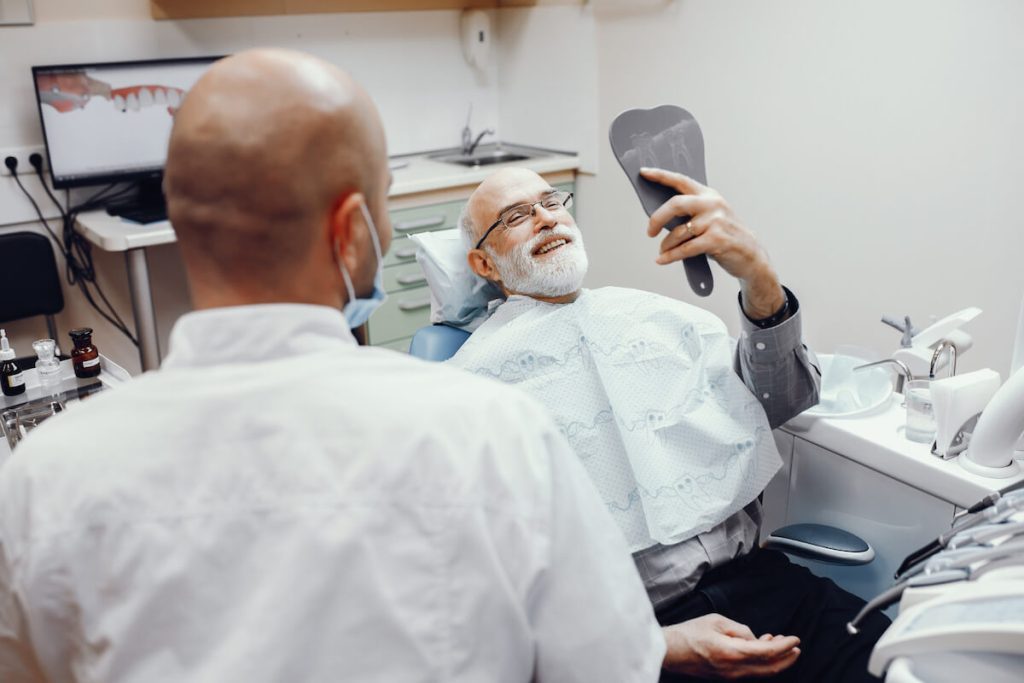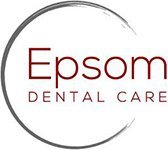Understanding the Risks: What You Should Know Before Getting Dental Implants

Do you have missing teeth and are looking for a lasting solution? Dental implants are common for tooth replacement because they are more effective than traditional forms of treatment, functional, and aesthetically appealing. But like every other form of surgery, dental implants have potential drawbacks.
Understanding Dental Implants
Dental implants refer to a small titanium post implanted into the jawbone, which will function as a tooth root. Once the implant integrates with the bone—a process known as osseointegration—a crown is attached to offer the functionality and esthetic of a missing tooth.
Common Risks and Complications
#1. Infection at the Implant Site
One of the most common risks associated with dental implants is infection. The surgical site may become infected, causing discomfort, swelling, and, in rare cases, fever. Infections can develop when bacteria invade the wound during or after surgery.
Following your dentist’s post-operative care instructions is vital to minimise this risk, including maintaining excellent oral hygiene and taking prescribed antibiotics if needed.
#2. Implant Failure
Although dental implants have a high success rate—typically around 95%—there is still a risk of implant failure. Failure may occur if the implant does not correctly integrate with the jawbone or becomes loose over time.
Factors contributing to implant failure include:
- Poor bone quality or density.
- Insufficient healing time.
- Excessive pressure on the implant from biting or grinding.
#3. Nerve Damage
Nerve injury can occur during dental implant implantation, particularly in the lower jaw. This might cause numbness, tingling, or discomfort in the gums, lips, and chin. These symptoms are usually temporary but can be permanent in rare instances. Choosing an experienced and skilled dental surgeon is essential to avoid nerve damage.
#4. Sinus Issues
For implants placed in the upper jaw, there’s a risk of sinus problems. If the implant protrudes into the sinus cavity, it can cause discomfort, sinus infections, or even chronic sinusitis. Dentists can often prevent this by carefully planning the implant placement and, if necessary, performing a sinus lift to create adequate bone height.
#5. Peri-implantitis
Peri-implantitis is an inflammatory illness that affects the tissues around an implant, comparable to periodontitis in natural teeth. It can cause bone loss and, if left untreated, may lead to implant failure. Maintaining good oral hygiene, regular dental check-ups, and professional cleanings are crucial in preventing peri-implantitis.
#6. Bone Loss
Bone loss around the implant may occur if it is not well integrated or an infection persists. Over time, this might cause the implant to become loose or fall out. Ensuring sufficient bone density before the procedure and following post-operative care guidelines can help mitigate this risk.
Factors That Increase the Risk
Certain factors can increase the risk of complications with dental implants.
Being aware of these can help you take steps to minimise your risk:
- Smoking: Smoking dramatically raises the chance of dental implant failure. It impairs healing and can lead to infections. If you’re a smoker, it’s highly advisable to quit before undergoing implant surgery.
- Medical Conditions: Diabetes, osteoporosis, and autoimmune illnesses can impact dental implants’ performance. These conditions can interfere with healing and bone integration. Discussing your medical history with your dentist to assess your suitability for implants is essential.
- Poor Oral Hygiene: Inadequate oral hygiene can lead to infections and peri-implantitis. Committing to a rigorous oral care routine, including brushing, flossing, and regular dental visits, is vital for the longevity of your implants.
- Inadequate Bone Structure: Sufficient bone density and volume are critical for the stability of dental implants. Your Belmont WA dentist may suggest bone grafting before implant placement if you have lost teeth or experienced bone loss due to periodontal disease.
How to Minimise Risks
While the risks associated with dental implants cannot be eliminated, there are several steps you can take to minimise them:
Choose an Experienced Surgeon
The skill and experience of your dental surgeon play a significant role in the success of your implants. TSpend some time finding an oral surgeon or dentist with a solid implantology background.
Follow Pre- and Post-Operative Instructions
Your dentist will provide full advice on preparing for the procedure and care for your implants afterwards. Following these instructions carefully can significantly reduce the risk of complications.
Maintain Good Oral Hygiene
Maintaining good dental hygiene is essential to avoiding infections and peri-implantitis. Brush and floss regularly, use an antiseptic mouthwash, and attend all scheduled dental appointments.
Address Medical Conditions
Manage any underlying medical issues that may compromise the success of your implants. Work closely with your healthcare providers to control these conditions before implant surgery.
Is It Worth the Risk?
Given the potential risks and complications, you might wonder if dental implants are worth it. For many people, the benefits far outweigh the risks.
In addition to regaining the ability to eat and speak, dental implants help stop the bone loss frequently resulting from missing teeth. But it’s crucial to thoroughly consider the advantages and disadvantages and talk to your dentist about your circumstances.
Dental Implants in Belmont WA
If you’re considering dental implants, don’t let the potential risks deter you. Instead, take proactive steps to ensure the best possible outcome.
At Epsom Dental Care, we provide restorative dental services to help you keep your oral health and restore your smile.
Call us at (08) 9478 2349 today or schedule your appointment online.
You can visit us at 5/132 Epsom Ave in Belmont WA.

